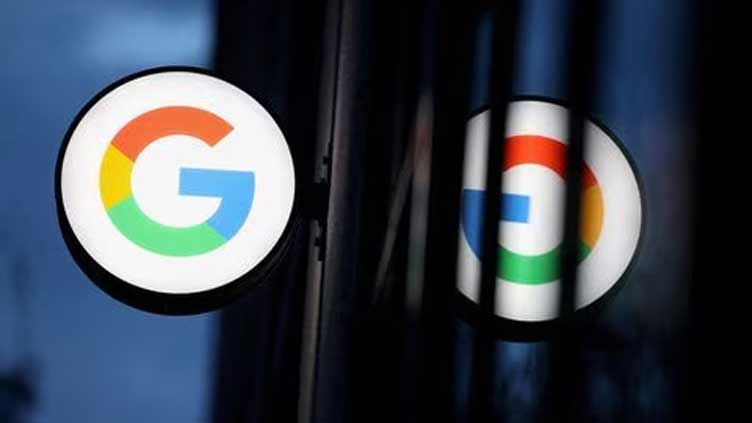EU regulators may demand Google to sell part of ad-tech business

Technology
The European Commission, could issue a formal complaint against Google as early as Wednesday
(Reuters) - European Union antitrust regulators may order Alphabet Inc's (GOOGL.O) Google to sell a part of its advertising-technology business, a source with direct knowledge of the matter told Reuters on Monday.
The EU's top antitrust watchdog, the European Commission, could issue a formal complaint against Google as early as Wednesday, the source said, further intensifying trans-Atlantic efforts to diminish the tech giant's dominance in digital ads.
In 2022, the Commission launched an investigation into Google's sweeping presence at almost all levels of the supply chain for online display advertising, expressing concern about its dominant position.
Break-up orders from the EU competition enforcer are rare. However, frustration has been mounting after Google failed to address competition concerns, the source said.
The Commission and Google did not immediately respond to Reuters' requests for comment.
Google is the most dominant digital advertising platform in the world with a 28% market share of global ad revenue, according to research firm Insider Intelligence.
First-quarter ad sales at Alphabet slipped from a year earlier to $54.55 billion, but beat what analysts were expecting. The Google parent's total revenue during the period stood at $69.79 billion.
Google's dominance in online advertising has been increasingly questioned over the past few years. Complaints from rivals about its allegedly anti-competitive practices have led to antitrust investigations in multiple continents concerning its practices.
Earlier this year, the United States launched an ad tech lawsuit against Google demanding the sale of its ad manager suite, and had argued that the search giant illegally abused its dominance of online advertising. Google has denied any wrongdoing.
The EU's likely move was first reported by the Wall Street Journal on Monday.







